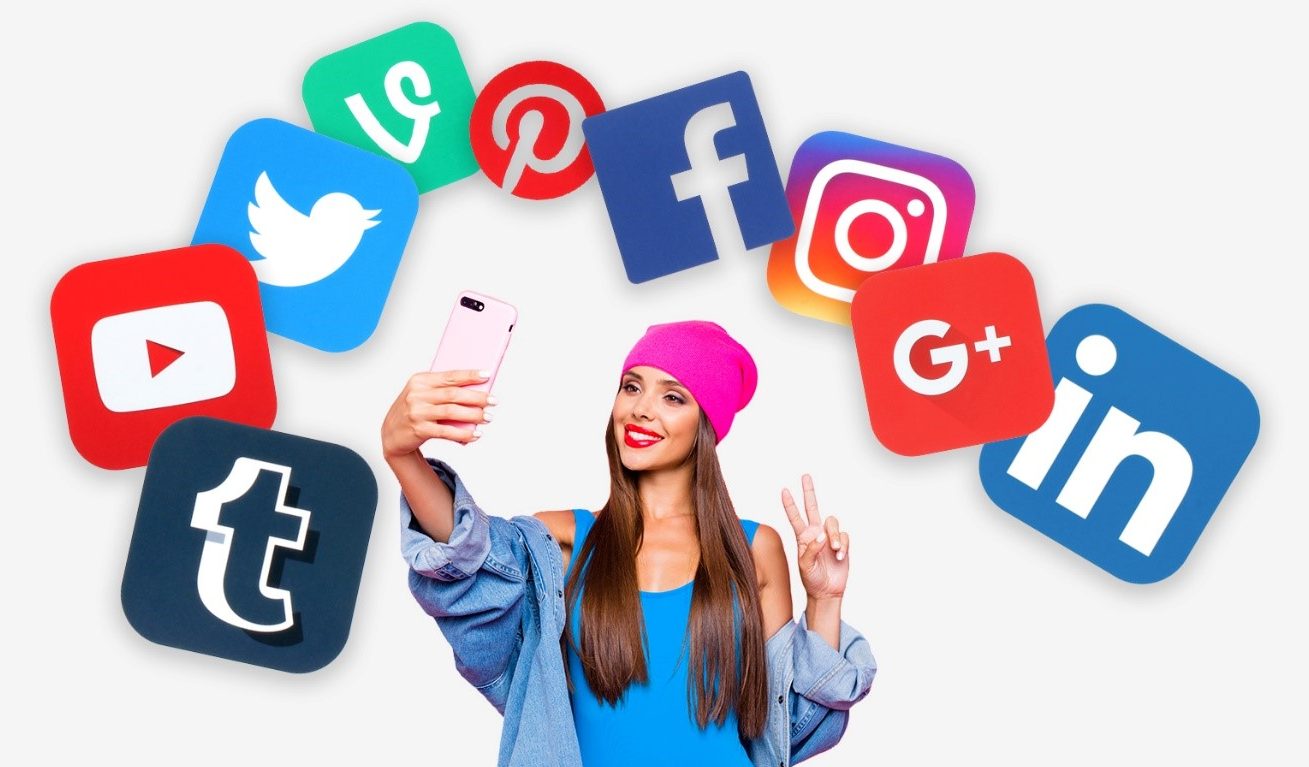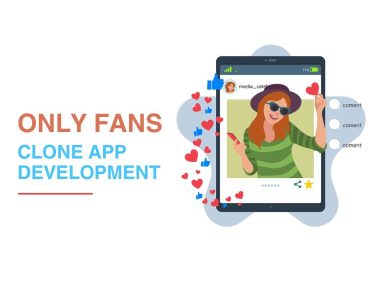In the realm of digital marketing, social media influencer collaborations have emerged as a powerful strategy for brands to connect with their target audiences, drive engagement, and enhance brand awareness. The Rise of Social Media Influencer Collaborations underscores the growing trend of brands partnering with influencers to create authentic and impactful content that resonates with consumers on social platforms. Influencers bring their unique voice, creative flair, and engaged following to brand collaborations, enabling brands to tap into niche markets, amplify their messages, and foster genuine connections with their audiences. This article delves into the nuances of Social Media Influencer Collaborations, exploring their impact, benefits, and best practices for successful partnerships in the dynamic world of influencer marketing.
1. Authenticity and Credibility:
Social Media Influencer Collaborations thrive on authenticity and credibility, as influencers bring their genuine experiences, opinions, and personality to branded content. Influencers have built trust and rapport with their followers, making their endorsements and recommendations more authentic and credible than traditional advertising. By partnering with influencers whose values align with their brand ethos, companies can leverage the influencer’s credibility to build trust, foster brand loyalty, and drive purchase decisions among their target audience.
2. Targeted Reach and Engagement:
Influencers have developed niche audiences based on shared interests, passions, and demographics, allowing brands to access a highly targeted and engaged consumer base through influencer collaborations. Influencers can help brands reach specific demographics, regions, or interest groups that align with their target market, increasing the relevance and effectiveness of their marketing efforts. Collaborating with influencers enables brands to engage with audiences in a more personalized and relevant manner, driving higher engagement rates and fostering meaningful connections with consumers.
3. Creative Storytelling and Content Creation:
Influencer collaborations offer brands the opportunity to leverage the creativity and storytelling prowess of influencers to craft compelling and authentic content that resonates with their audience. Influencers excel at creating engaging and visually appealing content that captures the attention of their followers and communicates brand messaging in a relatable and authentic way. By partnering with influencers, brands can tap into their creative skills, unique perspectives, and storytelling abilities to co-create content that drives brand awareness, sparks conversations, and inspires audience engagement on social media platforms.
4. Amplified Brand Visibility and Awareness:
Collaborating with influencers can significantly boost brand visibility and awareness on social media channels, as influencers have the ability to amplify brand messaging to a wider audience through their platforms and networks. Influencers command a dedicated and engaged following that trusts their recommendations, making influencer collaborations an effective way for brands to increase their reach and exposure in the digital space. By partnering with influencers who resonate with their target audience, brands can enhance their visibility, generate buzz, and position themselves as relevant and aspirational in the eyes of consumers.

5. Social Proof and Brand Advocacy:
Influencer collaborations serve as a form of social proof and brand advocacy, as influencers act as brand ambassadors who authentically endorse products, services, and experiences to their followers. Influencers have the ability to influence consumer perceptions, attitudes, and behaviors through their advocacy and endorsement of brands they believe in. Collaborating with influencers can help brands build credibility, authenticity, and trust among their target audience, as influencers lend their social influence and personal brand equity to endorse and promote products in a persuasive and relatable manner.
6. Diversified Marketing Strategies:
Integrating influencer collaborations into marketing strategies allows brands to diversify their approach, expand their reach, and engage with audiences in new and innovative ways. Influencers bring a fresh perspective, creative flair, and authentic voice to brand collaborations, helping brands break through the noise and connect with consumers on a more personal and emotional level. By diversifying their marketing mix with influencer partnerships, brands can tap into new audiences, explore niche markets, and drive engagement through authentic storytelling and content creation that resonates with their target demographic.
7. Measurable ROI and Performance Metrics:
The effectiveness of influencer collaborations can be measured through key performance indicators (KPIs) and analytics that track the impact of influencer campaigns on brand awareness, engagement, and conversions. Brands can evaluate the ROI of influencer collaborations by analyzing metrics such as reach, engagement rates, click-through rates, conversion rates, and return on ad spend. By monitoring performance metrics and assessing the success of influencer campaigns, brands can optimize their strategies, refine their approach, and maximize the impact of influencer collaborations on their marketing objectives.
8. Long-term Partnerships and Brand Loyalty:
Establishing long-term partnerships with influencers can foster brand loyalty, advocacy, and sustainable relationships with influencers and their audiences over time. By nurturing ongoing collaborations with influencers, brands can build a consistent brand presence, maintain top-of-mind awareness, and deepen their connection with consumers through regular and authentic content. Long-term partnerships enable brands to leverage the trust and credibility that influencers have built with their followers, driving brand loyalty, repeat purchases, and brand advocacy among their target audience.
9. Compliance with Regulations and Guidelines:
Influencer collaborations are subject to advertising regulations and guidelines that govern the disclosure of sponsored content and paid partnerships on social media platforms. Brands and influencers must comply with the Federal Trade Commission’s guidelines regarding disclosure of paid partnerships, sponsored content, and affiliate marketing on social media. Transparent and ethical disclosures help maintain trust, transparency, and compliance with advertising regulations, ensuring that influencer collaborations are conducted in a responsible and authentic manner that respects consumer rights and upholds industry standards.
10. Evolution and Innovation in Influencer Marketing:
The landscape of influencer marketing continues to evolve and innovate, with new trends, technologies, and platforms shaping the future of influencer collaborations. Brands are experimenting with micro-influencers, nano-influencers, and virtual influencers to engage with niche audiences, drive authenticity, and explore innovative storytelling formats. Influencer marketing platforms, AI-powered influencer discovery tools, and influencer management software are revolutionizing how brands identify, collaborate, and measure the success of influencer campaigns, leading to more effective and impactful influencer collaborations that drive brand awareness and engagement in the digital age.




